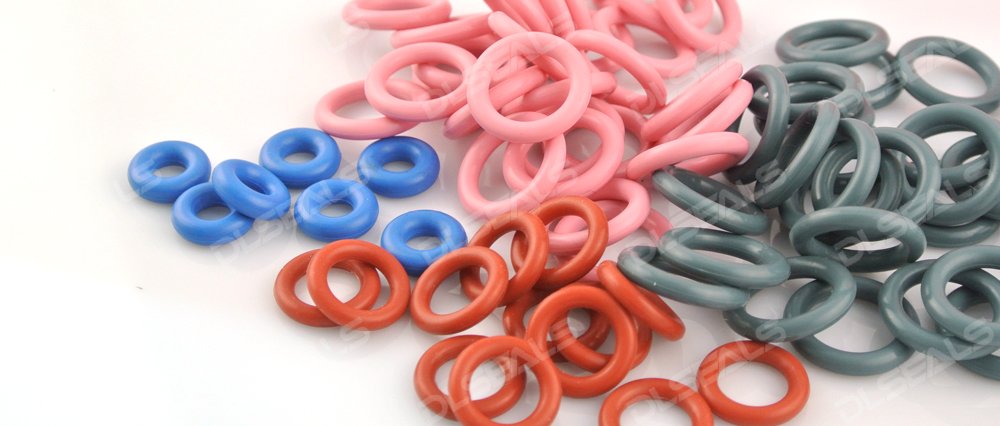Rubber seals play a crucial role in various green technologies, offering significant environmental benefits that contribute to sustainable practices. From renewable energy systems to electric vehicles, the integration of rubber seals enhances efficiency, durability, and environmental performance. This article delves into the diverse applications of rubber seals and their positive impact on the environment.
Energy Efficiency: Rubber seals are integral components in renewable energy systems such as wind turbines and solar panels. Seals help prevent leaks and maintain the efficiency of these systems by ensuring proper containment of fluids and gases. By minimizing energy losses due to leakage, rubber seals contribute to the overall efficiency of renewable energy generation, reducing the carbon footprint associated with conventional energy sources.
Emissions Reduction: In the automotive industry, rubber seals play a crucial role in the development of electric vehicles (EVs). Seals are used in battery enclosures, charging ports, and various other components to prevent moisture ingress and maintain the integrity of electrical systems. By minimizing the risk of corrosion and electrical faults, rubber seals contribute to the longevity and performance of EVs, ultimately reducing emissions by promoting the adoption of cleaner transportation technologies.
Resource Conservation: Rubber seals offer superior durability and resistance to environmental factors such as temperature fluctuations, chemicals, and UV radiation. This durability extends the lifespan of equipment and infrastructure in green technologies, reducing the frequency of replacements and conserving resources. By minimizing the need for frequent maintenance and repairs, rubber seals contribute to resource conservation and minimize waste generation, aligning with principles of sustainable development.
Sealing Solutions for Water Conservation: In water management systems and wastewater treatment plants, rubber seals play a critical role in preventing leaks and ensuring the efficient operation of pipelines, valves, and filtration systems. By maintaining tight seals and preventing water loss, rubber seals contribute to water conservation efforts, particularly in regions facing water scarcity and drought conditions. The use of high-quality seals helps optimize the performance of water infrastructure, promoting responsible water usage and minimizing environmental impact.
Recyclability and Environmental Compliance: Rubber seals are often manufactured using materials that are recyclable and comply with environmental regulations. Manufacturers increasingly prioritize the use of eco-friendly materials and production processes, minimizing the environmental footprint of rubber seal production. Additionally, advancements in recycling technologies enable the recovery and reuse of rubber materials, further reducing waste and conserving resources.
In conclusion, rubber seals play a multifaceted role in advancing green technologies and promoting environmental sustainability. From enhancing energy efficiency and reducing emissions to conserving resources and ensuring regulatory compliance, rubber seals contribute to a cleaner and more sustainable future. As industries continue to prioritize eco-friendly practices, the importance of rubber seals in achieving environmental objectives cannot be overstated.
Post time: May-10-2024

